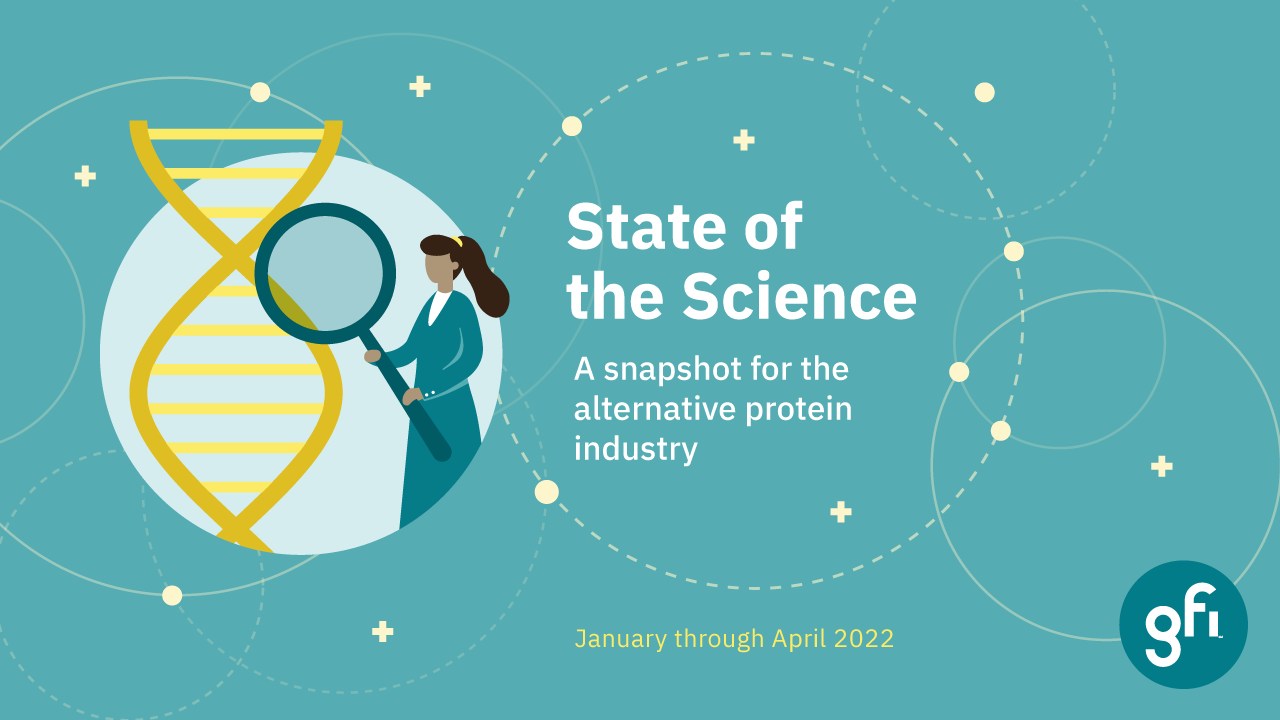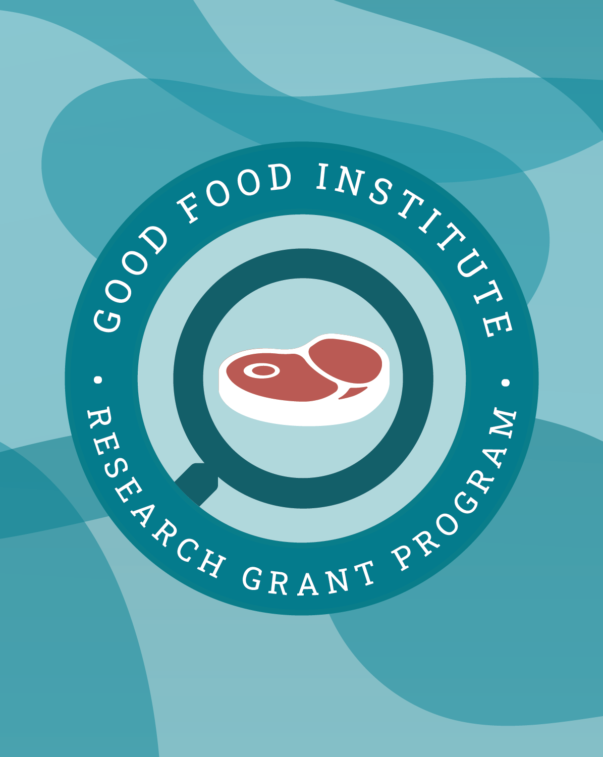The State of the Science on Alternative Proteins: January through April, 2022

The State of the Science
This is the first installment of a new resource series GFI is launching called State of the Science Snapshots, which will be released three times per year. While we include broad coverage of technical developments in our flagship annual publications such as the State of the Industry reports, one thing has become clear over the last few years: things are moving fast in the R&D space, and progress will only get faster as more resources pour into this space.
While it takes time for these technological advances to translate into commercial impact, our intent is to use these snapshots to convey the frontier of knowledge in the alternative protein field. These snapshots are just that—a snapshot in time, not intended to be comprehensive but rather to provide curated highlights of things we’re most excited about. In some cases, we don’t yet have specific publications or announcements to point to, but our subject matter experts are simply picking up on signals from conversations we’re having or glimpses at pre-published work that we can aggregate into larger trends we’re seeing.
We’ll cover not just the technology itself but also developments in the broader scientific ecosystem, including noteworthy funding announcements and updates regarding the growth of the talent streams leading into this field, since funding and talent constraints pose two of the biggest bottlenecks at the top of the funnel for scientific innovation. As more talent and research funding flow into the alternative protein sector, all of these advances will pick up steam.
January through April
2022 has already seen numerous scientific breakthroughs for alt proteins.
Indeed, some of the biggest developments in the first four months of 2022 came in the form of announcements for public R&D funding in the U.S. and abroad. The United States Department of Agriculture (USDA) announced $2.7 million in research funding for five alt protein projects, three of which are led by current or former GFI grantees. An additional 5-year $1 million grant was awarded by the National Science Foundation (NSF) to former GFI grantee Dr. Amy Rowat at UCLA to grow her cultivated meat research program. In Europe, the Netherlands announced €60 million ($65 million USD) of funding for cultivated meat and precision fermentation, the world’s largest-ever public investment in the cellular agriculture field.
In parallel, we are tracking unprecedented growth in the number of training opportunities for early-career scientists to enter the field in the form of new courses and even dedicated degree programs being launched at universities around the globe. Open-access curricula such as GFI’s massive open online course (MOOC) continue to elicit high engagement as well.
On the technical front, the publications and commercial technology launch announcements are too numerous to list here—check out the full video for a run-down of some of the biggest developments that caught our Science & Technology team’s eyes over the first few months of 2022! One notable trend is that many of the open-access publications released so far this year are emerging from the labs of GFI grantees or their direct collaborators’ labs, demonstrating the profound catalytic impact of additional research funding within the alternative protein space. Another overarching trend is an increasing recognition of the role of hybrid thinking within alternative protein space: viewing plant-based proteins, multiple forms of fermentation, and cultivated meat as collaborative contributors to solve the technical challenges on the path toward products that taste the same (or better!) and cost the same (or less!) as conventional meat.
These highlights barely scratch the surface of all the alt protein advancements in 2022 so far.
Take a deep dive into the State of the Science with GFI’s SciTech team

Page
Research grants
Learn about cutting-edge alternative protein research funded by GFI. Find funding opportunities for your own research.

